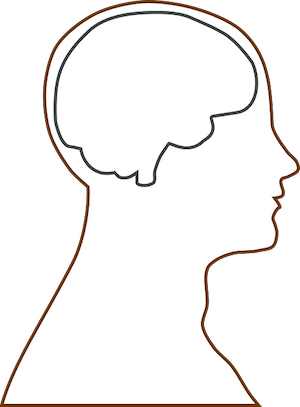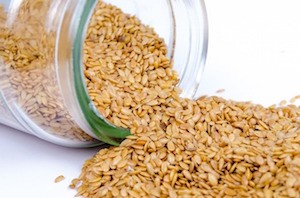Monday 16 th March 2015
 Autism, epilepsy, schizophrenia, depression, obsessive-compulsive disorder, bipolar disorder, Alzheimer's, Parkinson's, attention deficit, hyperactivity, dyslexia, dyspraxia, neuropathies, narcolepsy, etc.; all these conditions which alter the functioning of the central nervous system and the mind may be treated with natural approaches, whereby nutrition and toxicology play a fundamental role.
Autism, epilepsy, schizophrenia, depression, obsessive-compulsive disorder, bipolar disorder, Alzheimer's, Parkinson's, attention deficit, hyperactivity, dyslexia, dyspraxia, neuropathies, narcolepsy, etc.; all these conditions which alter the functioning of the central nervous system and the mind may be treated with natural approaches, whereby nutrition and toxicology play a fundamental role.Neurotoxins, both endogenous (produced by the body itself) and exogenous (stemming from outside the body) are the main responsible substances for the diseases that concern us. Other sources of disturbance of cognitive and mental function are the deficit of nutrients, the disorder of neurotransmitters, the inflammation caused by the immune system and the oxidative stress.
In this article I will expose the main arguments supporting alternative schools that offer solutions to these diseases, as well as the proposal of LivingFullyNourished.
Thursday 12 th February 2015
 The traditional frosting is made of just icing sugar and water, and the topping for cupcakes use to be made of butter, cream cheese and icing sugar. In order to avoid so much concentrated sugar, other much more healthier options are presented here.
The traditional frosting is made of just icing sugar and water, and the topping for cupcakes use to be made of butter, cream cheese and icing sugar. In order to avoid so much concentrated sugar, other much more healthier options are presented here.
gluten free, full GAPS diet, raw
Monday 9 th February 2015

Date: 09/02/2015
Hour: 09 : 00
Duration: 2 Hours
Location: Route de l'Etraz 8, 1267 Vich (Gland)
Phone: 022 518 07 92
Cost: 40 CHF
- Sauerkraut and lacto-fermented carrot
Friday 6 th February 2015
 In the media we can often find information about the thousand virtues of certain foods: omega3 in flaxseed that is good for the brain, phytohormones in soy that are good for menopause, garlic and onion are antibiotics, chocolate, coffee and wine are still claimed to be beneficial due to their anti-oxidant properties... But what about the harmful effects of these foods? Why are the effects of such as phytic acid in flaxseed; lectins, saponins, oxalates, digestive enzyme inhibitors and goitrogens in soy; alicin in garlic and onion; tannins in chocolate, coffee and wine; oxalates and histamine in chocolate and coffee not considered?
In the media we can often find information about the thousand virtues of certain foods: omega3 in flaxseed that is good for the brain, phytohormones in soy that are good for menopause, garlic and onion are antibiotics, chocolate, coffee and wine are still claimed to be beneficial due to their anti-oxidant properties... But what about the harmful effects of these foods? Why are the effects of such as phytic acid in flaxseed; lectins, saponins, oxalates, digestive enzyme inhibitors and goitrogens in soy; alicin in garlic and onion; tannins in chocolate, coffee and wine; oxalates and histamine in chocolate and coffee not considered?In this article we will address the issue of antinutrients, one of the most controversial questions from the point of view of the different nutritionist trends.
Thursday 5 th February 2015
 For everybody on GAPS diet or any other kind of diet where rice is not allowed, this is an idea to make a dish that is visually very similar to rice. You can even make sushi with it.
For everybody on GAPS diet or any other kind of diet where rice is not allowed, this is an idea to make a dish that is visually very similar to rice. You can even make sushi with it.
gluten free, dairy-free, eggs-free, nuts-free, full GAPS diet, vegan


